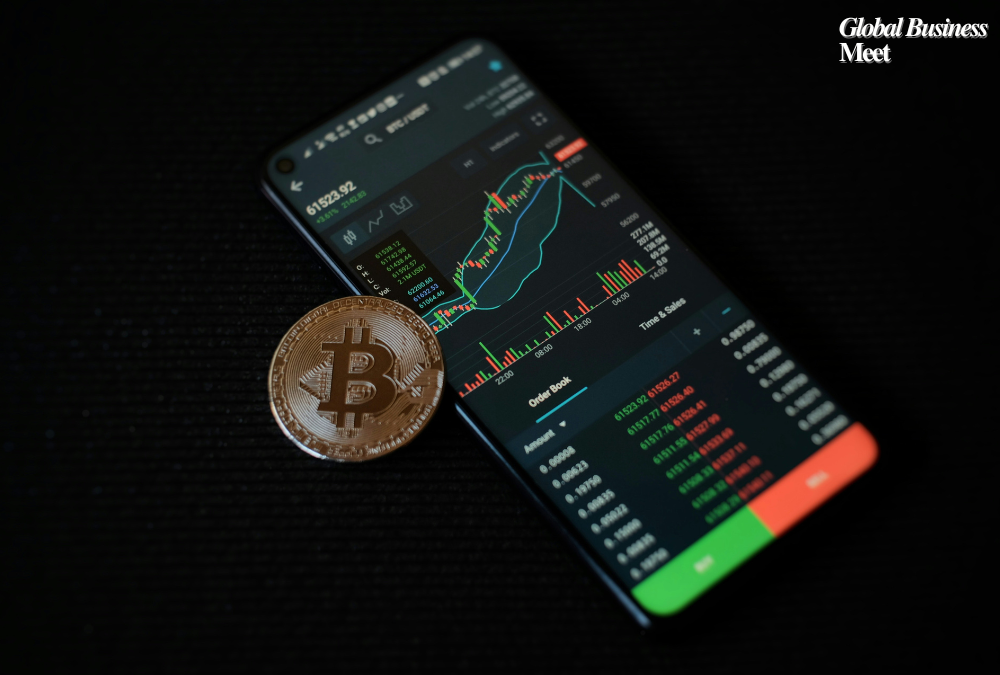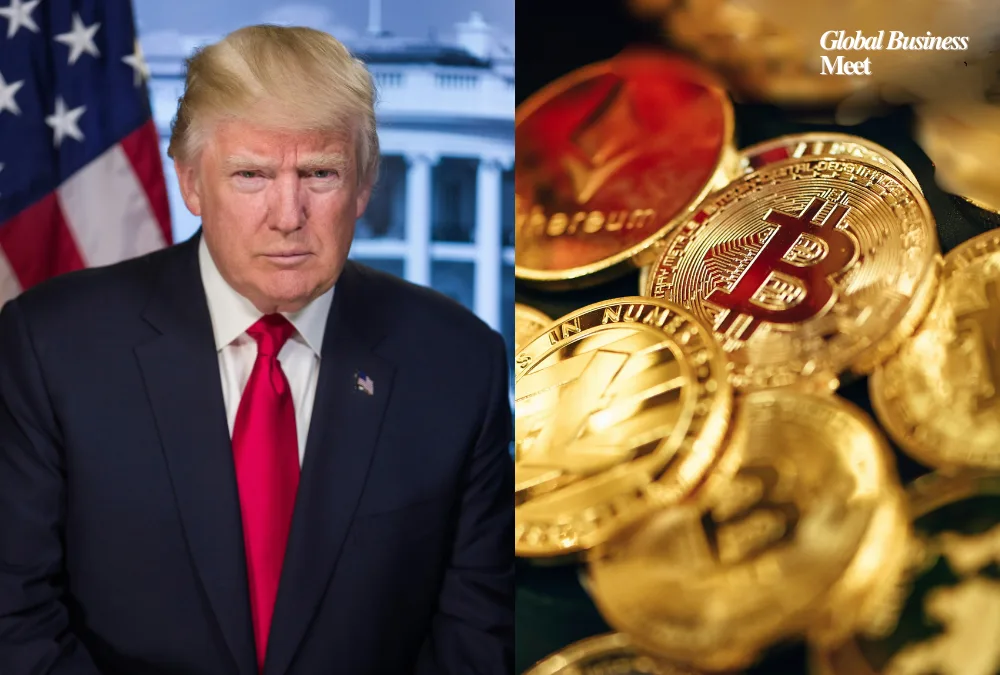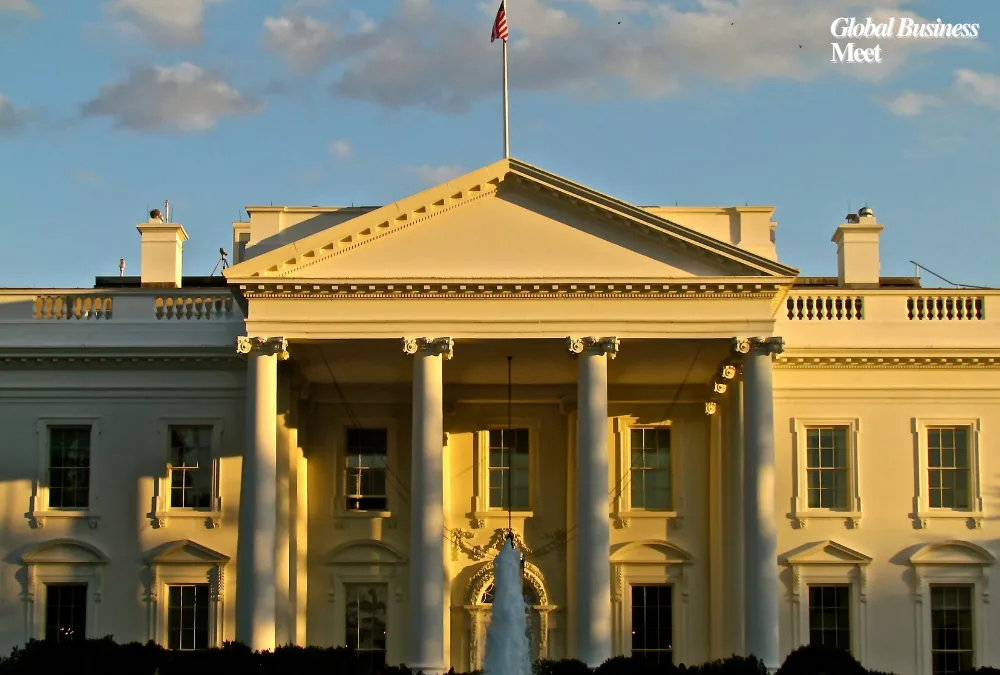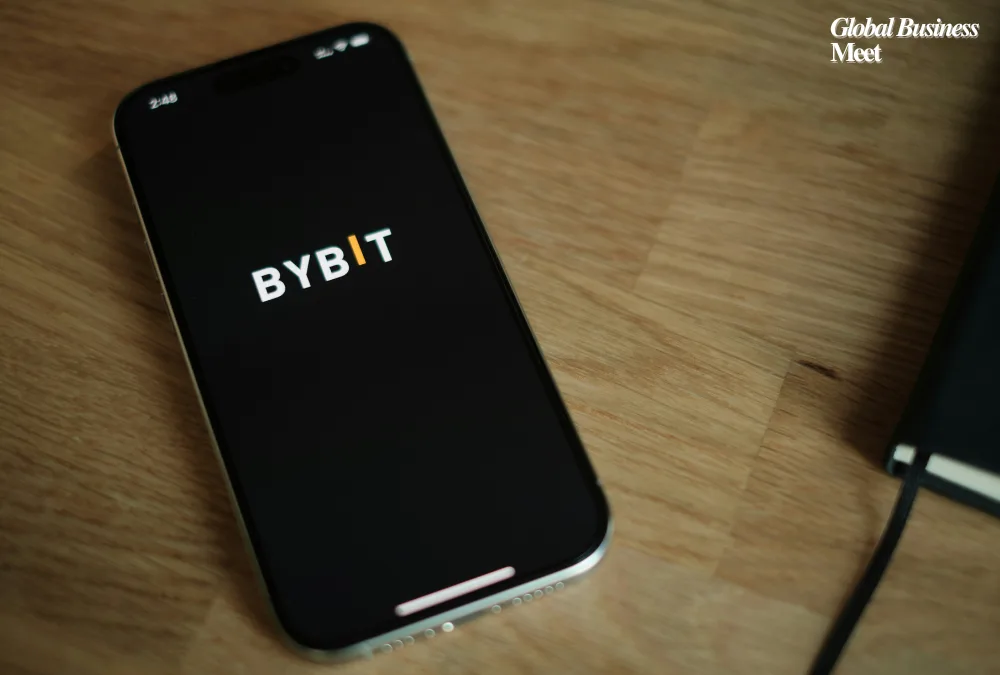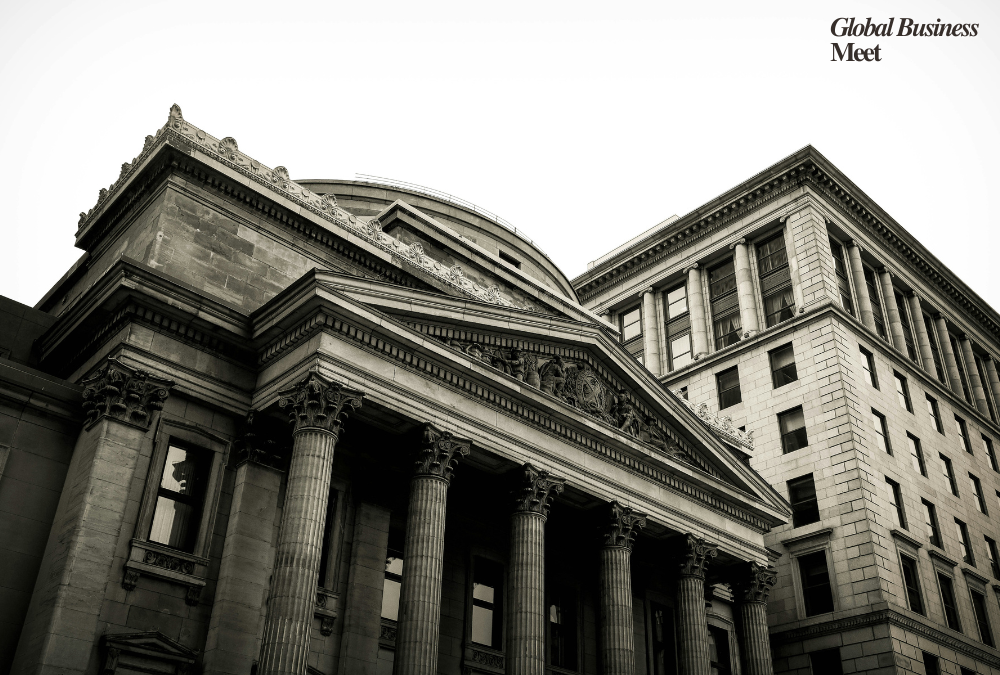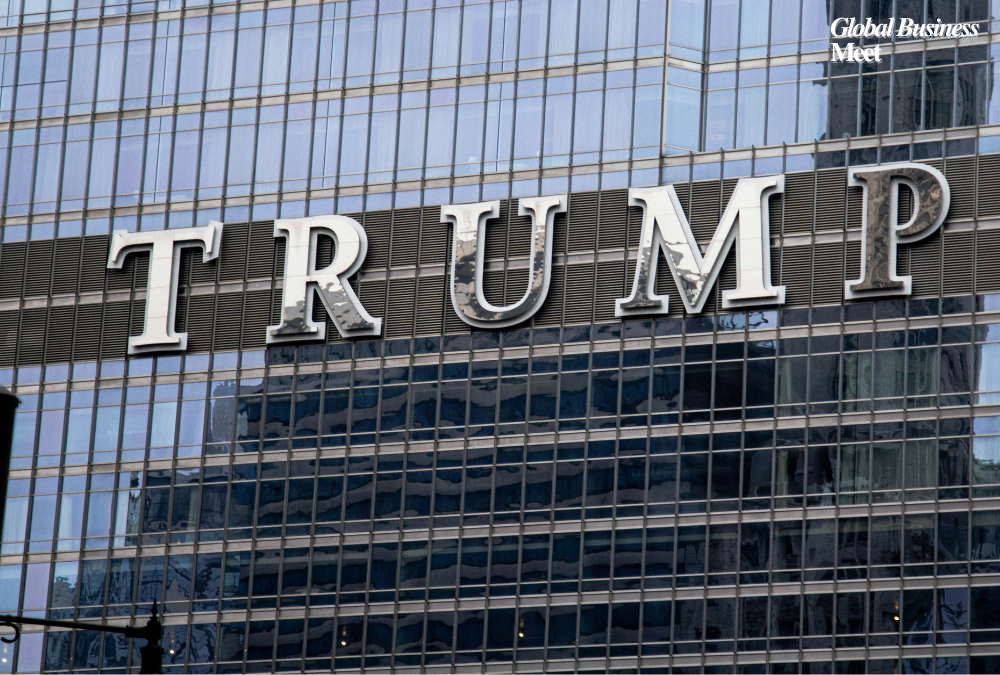
MicroStrategy co-founder and executive chairman Michael Saylor is back in the headlines touting Bitcoin and urging the US government to add it to America’s strategic financial holdings. His perspective, in alignment with his first opinion that Bitcoin is “digital gold,” becomes increasingly prevalent given the development of central bank digital currencies (CBDCs) and worldwide economic uncertainty and beginning to discuss what money in the future will look like.
The Strategic Use of Bitcoin
Saylor believes that because of its decentralization and limited supply, Bitcoin is the ideal reserve asset and a better hedge against economic uncertainty and inflation. He asserts that adopting Bitcoin can assist the US in improving its fiscal standing, lessening its reliance on traditional reserves like gold, and outcompete rival nations looking for alternative reserve assets. Saylor described in a recent interview how Bitcoin’s security, openness, and resistance to government manipulation render it a unique asset on the global financial system. He stated, “Bitcoin is the best financial asset civilization has ever created,” pointing out that no individual party, including governments, can control or devalue it because of its decentralized system.
Criticism of XRP and Altcoins
Saylor has been open in his distrust of other cryptocurrencies such as XRP, despite being a proponent of Bitcoin. As a “token” instead of an actual decentralized digital asset, he has disregarded XRP. His remarks are included in a general discussion in the cryptocurrency universe regarding the digital asset classification; most altcoins, such as XRP, are usually considered centralized securities, and Bitcoin is mostly considered a decentralized commodity. Regulators like the U.S. Securities and Exchange Commission (SEC), which has contended that XRP is more of a security than a decentralized currency, agree with Saylor. Though he doesn’t believe the same potential is there for cryptocurrencies, his remarks indicate that Bitcoin may have a role to play in government reserves down the line.
White House Crypto Summit and Regulatory Discussions
Saylor’s advocacy for the adoption of Bitcoin coincides with the U.S. government’s impending landmark cryptocurrency policy debate. The White House is scheduled to host a Crypto Summit on March 7 that will bring together financial regulators, lawmakers, and industry leaders to talk about the classification of cryptocurrencies, the possibility of a national crypto reserve, and the regulation of digital assets. In regulatory circles, Commerce Secretary Howard Lutnick has already spoken about the probability that Bitcoin would be “treated differently” compared to other digital currencies, pointing to its distinctive place in the market. Future regulatory measures, including whether or not the United States must join nations like El Salvador, who have formally adopted Bitcoin as legal tender, are likely to be influenced by the summit.
Implications for U.S. Policy Going Forward
A growing acceptance of digital assets in mainstream finance is indicated by Saylor’s support for Bitcoin in U.S. reserves. While the government has not made any tangible move towards the inclusion of Bitcoin in its strategic reserves, the fact that discussions are taking place indicates that cryptocurrencies can gain growing prominence in financial policy. Whether Bitcoin is formally accepted as a reserve asset or continues to be an investment product primarily for institutional and retail investors depends on the outcome of the forthcoming White House summit, which may prove to be a watershed moment.




























